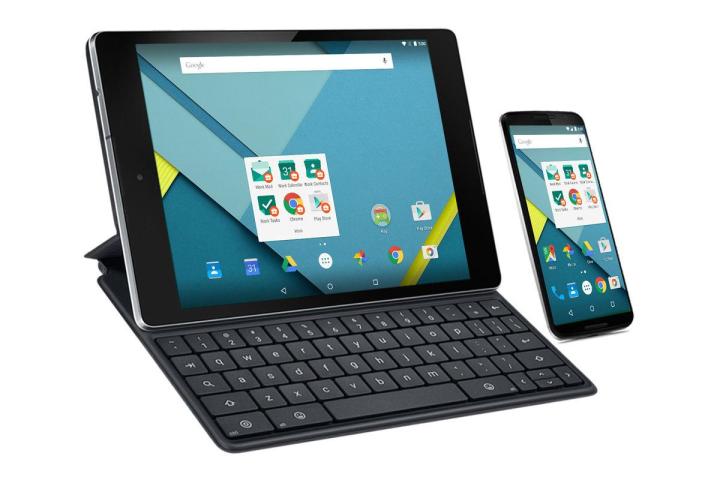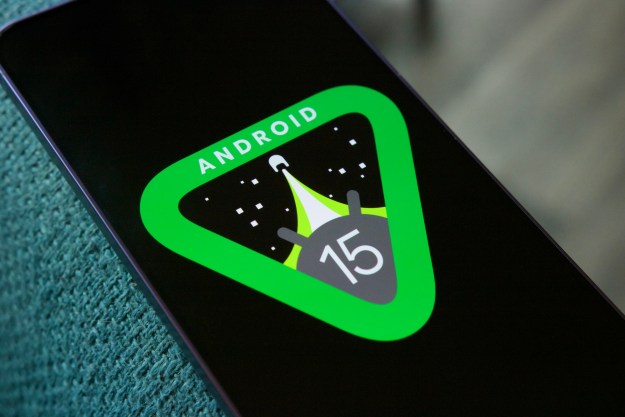
The end result is a much more efficient way of ensuring that every employee has the correct apps and the latest updates.
In the business world, the idea that employees should bring their own devices to set up as secure, work devices is very popular. Up until now, it was relatively complicated to make the BYOD system work for everyone. More often than not, employees get saddled with two phones: One for personal use, and another for work use.
Some companies, like BlackBerry for example, create sandboxes on one device, separating work apps and data from your personal apps and data on the same phone. Google is taking a similar approach with Android for Work. If your company uses Android for Work, you can set up a work profile where all your data will be stored and encrypted by default.

Android for Work offers enhanced SELinux security and builds upon the native multi-user support offered in
If employees have Android devices that don’t natively support work profiles, such as those with
In order to make it easier for businesses to put their own apps on employees devices, Google created a new app store called Play for Work. Businesses can securely add and manage apps for all users with Android for Work on their phones, using the new store. The end result is a much more efficient way of ensuring every employee has the correct apps and the latest updates.
In addition to the company-specific apps, Android for Work also includes several default apps for typical tasks. The apps include email, contacts, and calendar, among others, while also supporting Exchange and Notes. Users can also edit documents, spreadsheets, and presentations securely right on their
Google partnered with many companies to make this happen, including BlackBerry, which is known for its secure, enterprise offerings, as well as well-known companies like Box, Citrix, VMware, HTC, LG, Samsung, and Sony.
To find out more information on the program or to sign up, check out Google’s Android for Work website.
Editors' Recommendations
- I compared Google and Samsung’s AI photo-editing tools. It’s not even close
- A new Google Pixel Tablet is coming, but it’s not what you think
- The first Google Pixel 9 Pro hands-on photos are here
- Android 15 might add a new way to charge your gadgets
- Something strange might happen to the Google Pixel Fold 2

